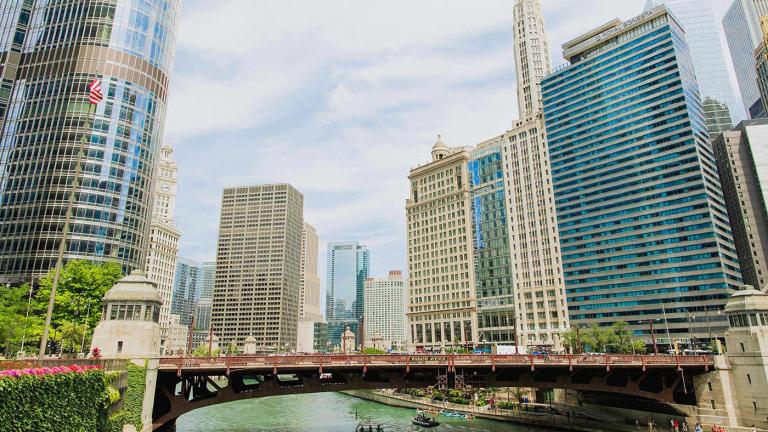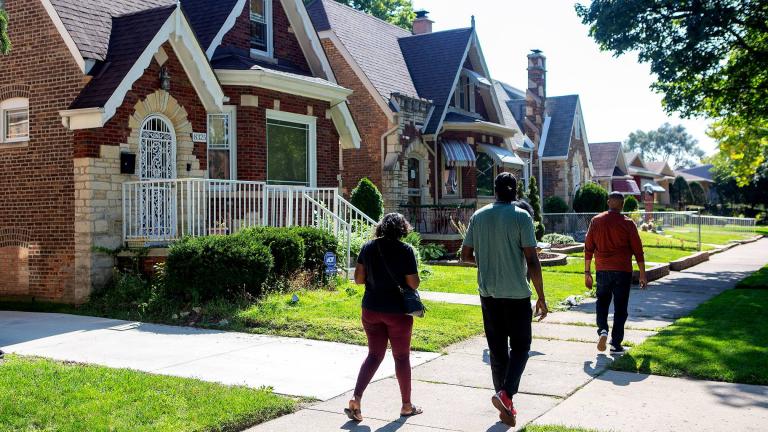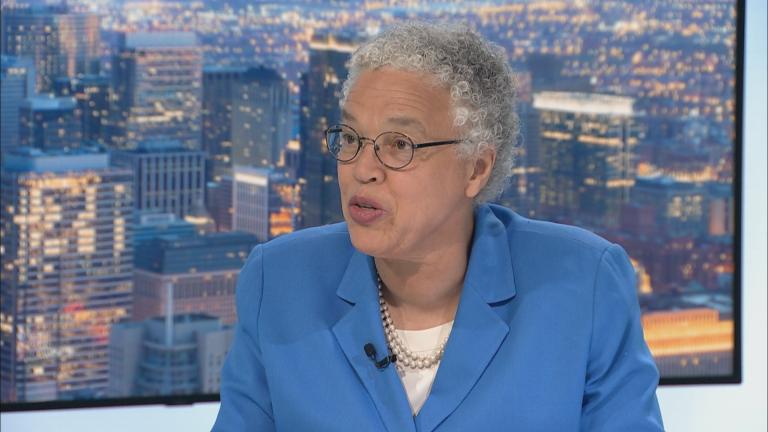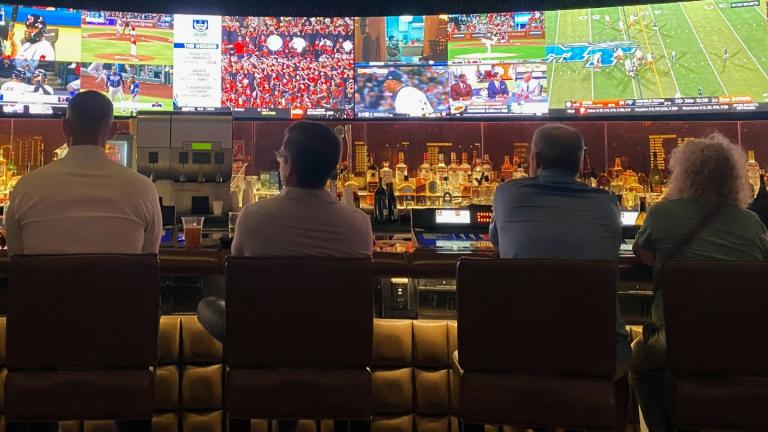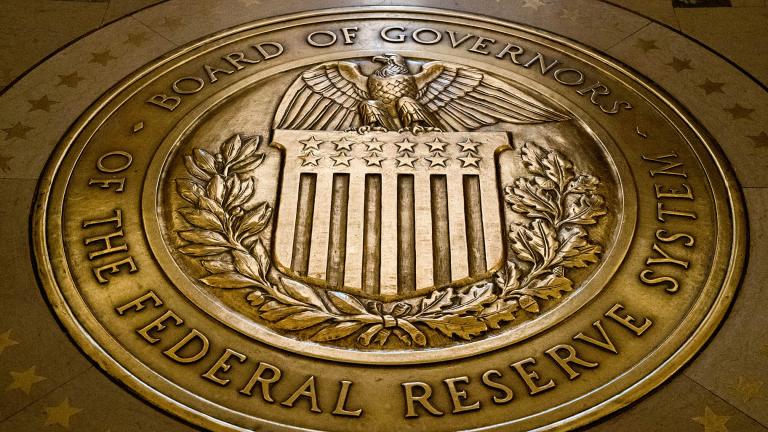The COVID-19 pandemic has laid bare how existing inequalities can magnify the impact of the virus on low-income workers and households.
Low-income jobs — from nursing to cleaning to shop work — are disproportionately held by women and people of color. And now, many of those workers are being designated as essential.
Javaeria Qureshi, an economist at the University of Illinois at Chicago, says that as economic activity restarts, many women working in traditionally low-paying jobs face an uncomfortable choice.
“If their employer is open but the worker is not willing to return to work, then they are not eligible for unemployment insurance any more,” said Qureshi. “So we’re forcing them to choose between exposing their health or losing their relief measures, making them economically vulnerable.”
Damon Jones, an economist at the University of Chicago, says the ability of the federal government to funnel help to those at the lowest end of the income spectrum has been hampered by the lack of a robust social safety net in the U.S.
“We are trying to run relief for a crisis that we didn’t see through structures that were not built for this,” said Jones. “There wasn’t a system already in place and so we are seeing a lot of issues involved with that kind of relief, so we are kind of caught in a bad place.”

